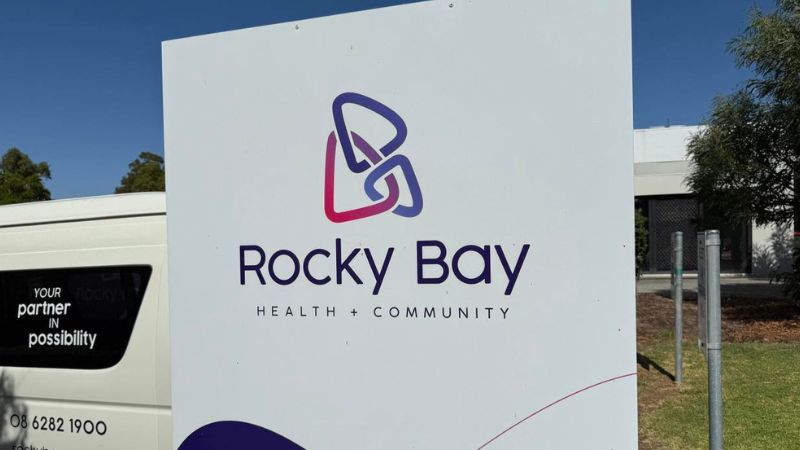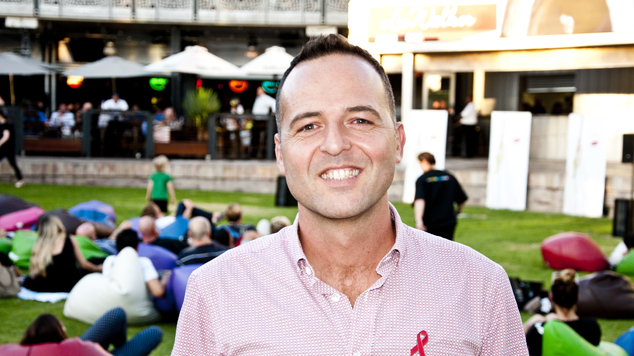EXCLUSIVE
Rocky Bay, one of Western Australia’s largest health and disability services providers, has moved to update their hiring practices after it was questioned on why they ask all potential employees to disclose their HIV status.
An OUTinPerth reader was surprised when they were considering applying for a role in the organisation’s finance team and they were asked during the application process if they were living with HIV.
There is no legal requirement for health workers to disclose their HIV status, but those working in the field are encouraged to know their status.
According to WAAC, formerly the WA AIDS Council, HIV positive healthcare workers are only restricted from performing exposure prone procedures in a confined body cavity, a role which effects surgeons, dentists and some nurses.
There is no restriction on people living with HIV working in most roles in society, and even the Australian Defence Forces removed their restrictions earlier this year.

After OUTinPerth asked Rocky Bay about the questions in their hiring processes, they quickly moved to update their approach, saying they had discovered an issue with their recruitment system.
“This has now been rectified to only apply to Support Workers, and we’ve also taken the opportunity to update and reword this question to be more inclusive.” a spokesperson said.
The organisation said knowing a health workers status with HIV and other bloodborne viruses allows them to understand the risk and mitigate this for both the worker and the customer.
They stressed that the person’s answer to the question about HIV did not impact their employment opportunity with Rocky Bay in any way.
“Diversity and inclusion is important to us and we continue to welcome feedback on ensuring we include people in every step of their employment journey.” the spokesperson said.
HIV experts say employers need to stay up to date with the science of HIV
Cipri Martinez, the former chair of the National Association of People With HIV Australia (NAPWHA), and former chair of Positive Organisation of Western Australia (POWA) has decades of experience in breaking down barriers for people living with HIV. He says employers need to make sure they stay up to date with the science surrounding HIV.
He suggests that if employers have roles that need a medical clearance, that test should be done by medical professionals.
“In an ideal world what would be fair and reasonable would be when an employer hires someone, they should send them to get a medical from a health professional. That medical should be confidential and should be between you and a medical officer.
“The response from a medical officer should be ‘fit to work – yes’ or ‘fit to work – no’. All the employer needs to know is if you’re capable of doing the role or not”
“This is an example of latent discrimination where forms are sitting there with a 1980s and 1990s understanding of what it means to live with HIV, and they haven’t been updated.”

In Martinez’s view, forms like the one described are not needed at all, and it’s an example of how the messages about U=U undetectable equals untransmissible are not getting out into the wider population, even in the health sector.
“If you have an undetectable viral load, you can’t pass it on. So, let’s move on from this.”
“To me, it reeks of irrational fear that hasn’t caught up.”
He said the reality is that most times someone living with HIV comes across this kind of situation they’re faced with confronting choices. They can challenge it, they can potentially lie, or they can walk away.
It means that employers are potentially losing great candidates for the roles they’re trying to fill but also creates another negative for those living with the virus.
“They now know that this is something they should keep hidden.” Martinez said of the effect of outdated procedures. “It’s that whole stigmatisation at work that comes right from the very beginning, which comes with a form that comes right at the start, and asks you about HIV status when its completely irrelevant.”
As employers across all sectors begin to use automated systems and online platforms more for recruitment the danger of outdated approaches becoming embedded are something that concerns the HIV rights advocate.
Martinez suggests that WACOSS, The Western Australian Council of Social Services could take a greater leadership role in encouraging organsiations in the health and disabilities realm to maintain up to date knowledge of HIV.





